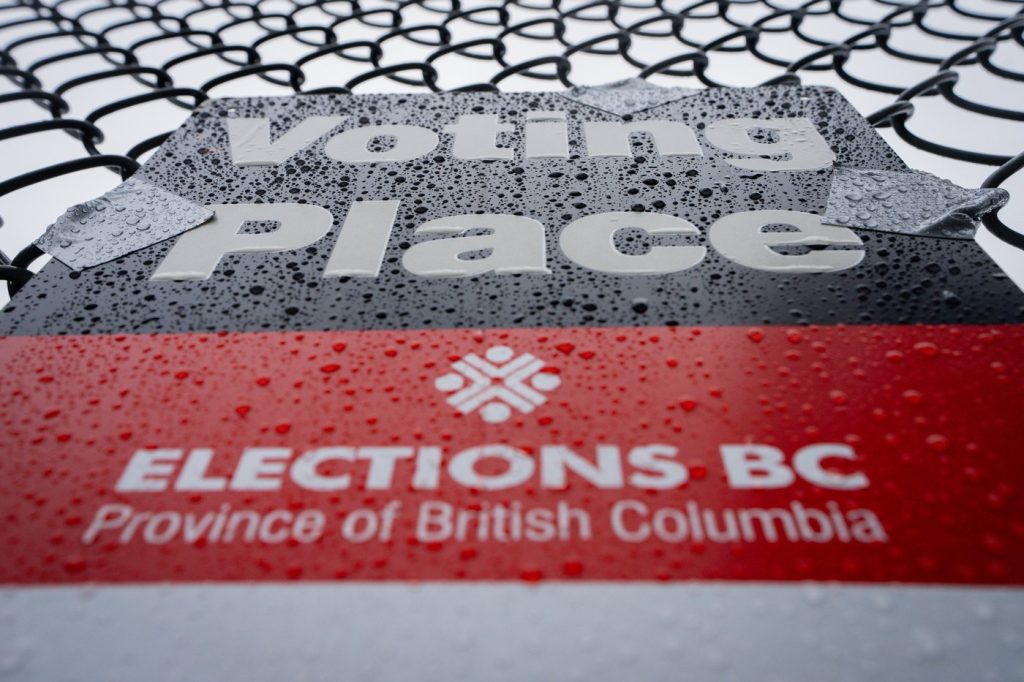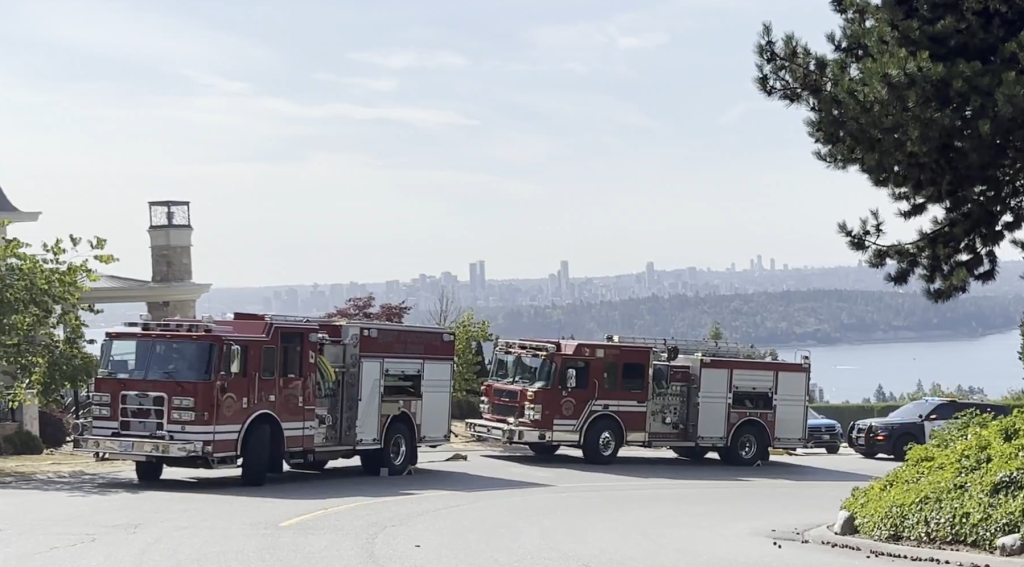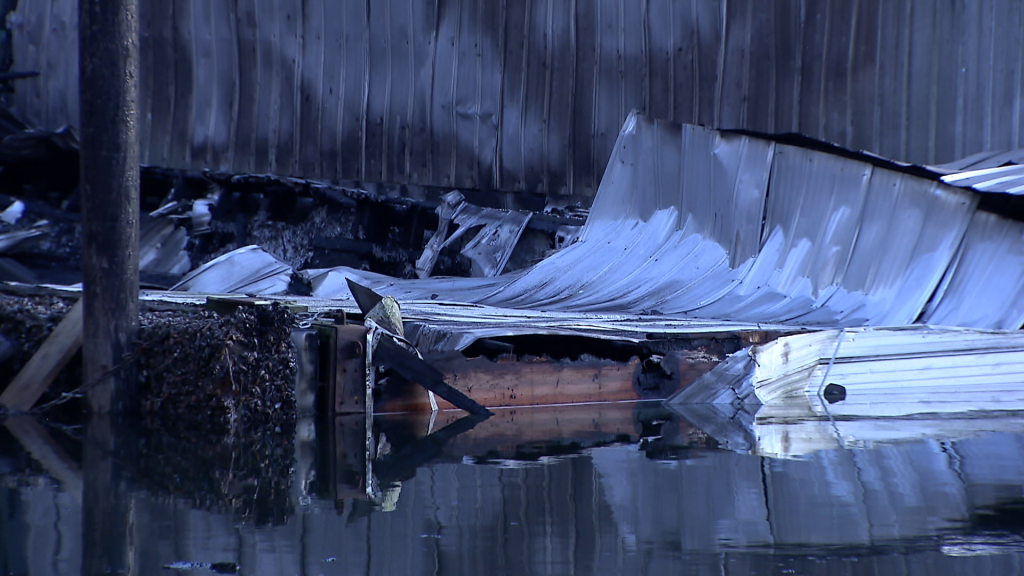Most British Columbians would welcome changes to our provincial election procedures.
That’s according to the latest poll from Research Co., which found more than half of the British Columbians surveyed support making voting mandatory, holding elections in May, and declaring election day a provincial public holiday.
And while 61 per cent want to see people required to cast their vote, only 10 per cent believe those who don’t should be punished through fines.
“Just under two-in-five (38%) believe those who do cast ballots in provincial elections should be rewarded, through tax incentives. Almost half of the respondents (45%) think neither idea is appealing,” the poll found.
“Offering tax incentives to people who vote in provincial elections is an attractive idea for almost half of British Columbians aged 18-to-34 (49%) and aged 35-to-54 (48%),” said Mario Canseco, president of Research Co. “Their counterparts aged 55 and over are decidedly more skeptical (21%).”
The polling and insights company surveyed 814 B.C. adults between July 13 and 15.
When it comes to extending voting rights to those aged 16 and above, like the United Kingdom recently decided, less than 40 per cent of those surveyed agreed. But those respondents felt differently when it comes to non-citizens.
Related:
“More than half of British Columbians (57%) agree with allowing Permanent Residents—or individuals aged 18 and over who have been granted the right to live and work in Canada permanently, but are not yet Canadian citizens—to cast ballots in provincial elections,” the survey found.
Meanwhile, appetite for changing the electoral system from the current first-past-the-post to proportional representation continues to wane.
“Almost two thirds of British Columbians (65%) say they are satisfied with the First-Past-The-Post electoral system, while 21% are dissatisfied and 13% are not sure,” the survey found.
“Dissatisfaction with First-Past-The-Post is highest on Vancouver Island (29%), followed by Southern BC (24%), the Fraser Valley (also 24%) Metro Vancouver (20%) and Northern BC (15%).”




